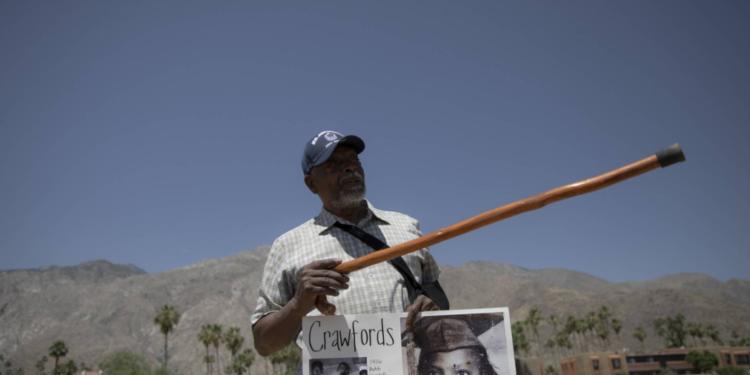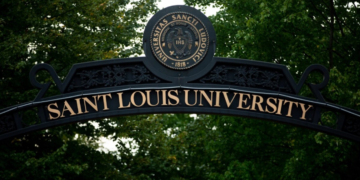Dec 5, 2024 Story by: Editor
The Palm Springs City Council approved a historic $5.9 million reparations settlement on Thursday for former residents of the Section 14 neighborhood, a largely Black community that was demolished in the 1960s to make way for commercial development. In addition, the council approved $21 million to support housing and small business initiatives aimed at the descendants of those affected by the displacement.
Former residents of Section 14, which also included Latino families and other immigrants, have fought for decades to seek compensation for the destruction of their community. Palm Springs, located about 70 miles east of Los Angeles, has long been a resort town with a history of displacement for marginalized communities.
Before casting his vote in favor of the settlement, Palm Springs Mayor Jeffrey Bernstein acknowledged the limitations of monetary compensation, stating, “The truth is we can’t right the wrongs in the past. There is no amount of money that can make up for the loss.”
Pearl Devers, one of the former Section 14 residents, expressed gratitude for the settlement, saying, “While no amount of money can fully restore what we lost, this agreement helps pave the way for us all to finally move forward.”
The Section 14 Survivors advocacy group released a statement recognizing the city’s responsibility in the destruction of the neighborhood, which caused the loss of homes and personal property for hundreds of former residents and their families. The settlement will provide a $5.9 million cash payment, which will be distributed among more than 1,200 people. After legal fees, each individual is expected to receive approximately $4,000.
According to the city, the cash payments are made in exchange for waivers from the former Section 14 residents and their descendants. The Palm Springs reparations agreement is part of a broader trend of cities acknowledging and compensating the descendants of those harmed by past discriminatory policies. For example, in 2023, Los Angeles County spent $20 million to purchase beachfront property that had been unjustly taken from an African-American couple a century earlier.
Civil rights attorney Areva Martin, who represents former Section 14 residents, called the settlement “a demonstration that it’s never too late to acknowledge past wrongs and take meaningful steps toward justice.” Source: Reuters

















